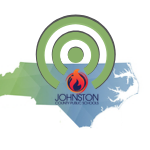Supernatural Seeds: What Are the Positive and Negative Impacts of Genetically Modified Organisms?
(View Complete Item Description)Students begin the lesson by viewing a video clip that will explain the difference between classical and transgenic breeding of plants. Next, students will work in groups to identify common foods that contain genetically-modified organisms (GMOs). Students will further explore this concept by gathering and synthesizing information regarding the impact of genetically modified organisms on the appearance of desired traits in organisms. Lastly, students will engage in the "RAFT" writing strategy, by taking on the role of a farmer persuading their employees to consider the positive or negative impacts of genetically-modified food crops.
Material Type: Lesson Plan















